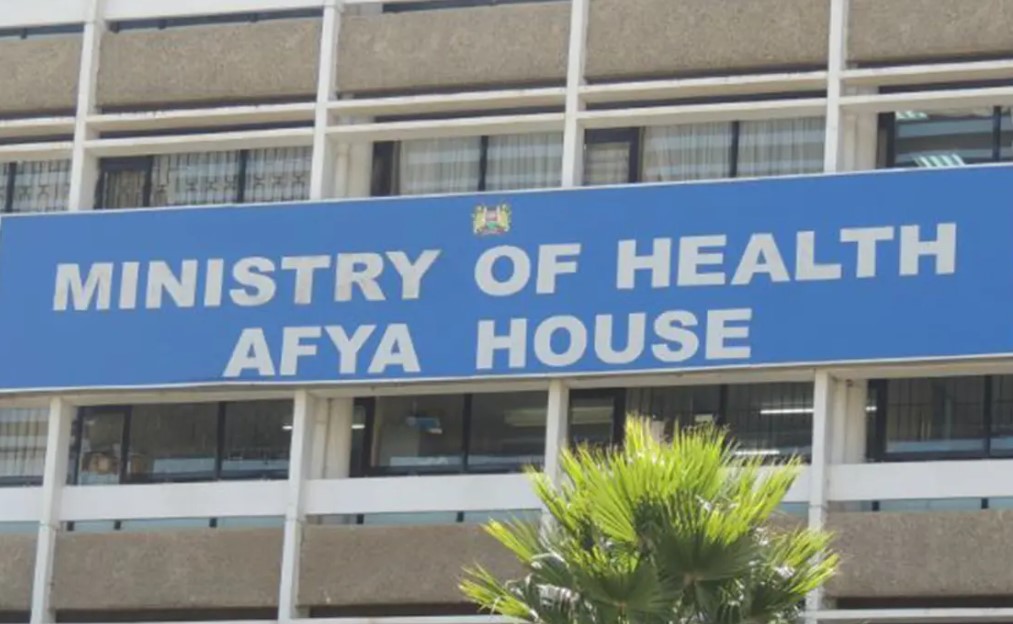The State Department of Medical Services has requested Kes 100 million allocation by the National Assembly for sensitization and public participation in the Social Health Insurance Act (SHIA), which was declared unconstitutional by the court.
The High Court nullified the SHIA 2023, the Primary Healthcare Act 2023, and the Digital Health Act 2023, which had replaced the National Health Insurance Fund (NHIF) due to insufficient public participation.
A three-judge bench comprising Justices Alfred Mabeya, Robert Limo, and Fredrick Mugambi gave Parliament 120 days to make the necessary amendments. During this period, the acts will remain suspended.
Appearing before the National Assembly Departmental Committee on Health on Wednesday, Medical Services Principal Secretary Harry Kimtai emphasized that the allocation would enable the department to conduct public and stakeholder sensitization on the relevant laws in compliance with the court judgment.
“We are requesting a budget allocation of Sh100 million to undertake sensitization on the UHC laws in accordance with the court judgment,” said Kimtai.
Did you read this?
Kimtai also stated that the Ministry intends to appeal the court’s decision to suspend the health laws after the 45-day stay order on implementation expires.
He stated that the ministry has reviewed the court’s ruling and believes there are sufficient grounds to appeal some of the directives issued.
“We’ve agreed to form a joint team from the Ministry, Parliamentary Service Commission (PSC), and the Attorney General to strategize on how to appeal, and conduct public participation,” he said.
According to Kimtai, the two-pronged approach involves lodging an appeal and conducting public participation and sensitization on the suspended laws.
So far, we’ve agreed to use this two-pronged approach of appealing and then conducting public participation,” he noted.
In its ruling, the three-judge bench pointed out that some rights under the Act had been limited.
They cited sections 26(5) and 27(4) of SHIA. Section 26(5) makes registration and contribution a precondition for accessing public services from national and county governments or entities.
Section 27(4) stipulates that people can only access healthcare services if their contributions to the SHIF are up-to-date and active.
The judges stated that these sections could not withstand constitutional scrutiny because they did not make exceptions for the right to emergency medical services, thus violating Article 43 of the constitution, which guarantees every Kenyan the right to health services.
“The precondition set out in those two provisions infringes on the right to access emergency services, while the state aims to realize this right with the challenged acts,” the judges concluded.









